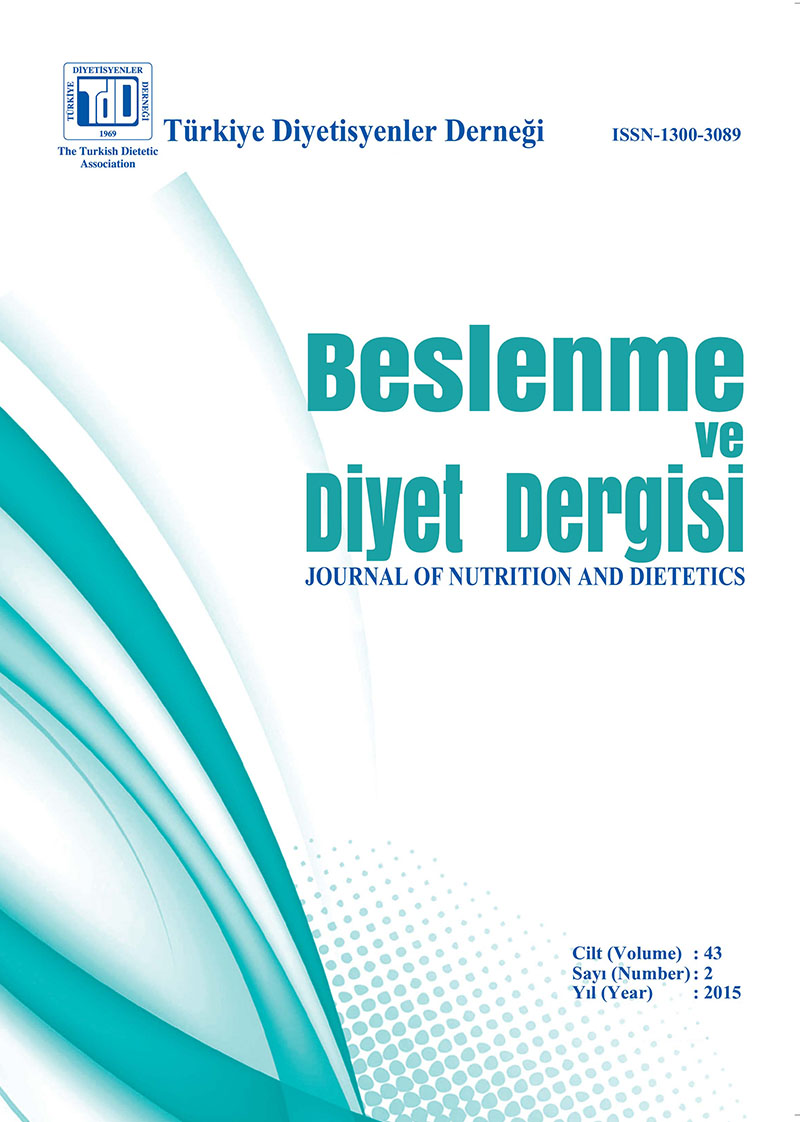Dietary Protein of the Children on Continuous Ambulatory Peritoneal Dialysis with Chronic Renal Failure: Vegetable or Animal Protein
Keywords:
Chronic renal failure, continuous ambulatory peritoneal dialysis, protein, vegetable protein, animal proteinAbstract
Aim: This study was conducted to investigate the effects of diets including two different protein sources (vegetable or animal) on anthropometric, biochemical, and hematologic findings of patients receiving continuous ambulatory peritoneal dialysis (CAPD). Subjects and Methods:A total of 30 CAPD patients included in the study, whose ages ranged from 11 to 18 years. The patients, divided into two groups, were administered a diet including 1.5 g/kg/day of protein for one month. The protein administered was approximately 60% of vegetable origin in the 1st group and approximately 60% of animal origin in the 2nd group. Results:The body weight, relative body weight, height, triceps skinfold thickness (TST), relative TST, mid-upper arm circumference, mid-upper arm muscle circumference, and body mass index (BMI) values of the patients were measured and calculated from day 1 to day 30 in both groups, where significant increases (except for BMI in the second group) were observed (p<0.05). The increases in total protein, albumin, prealbumin, transferrin, high density lipoprotein-cholesterol, hemoglobin, hematocrit, and iron levels; and the decreases in triglycerides, total cholesterol, and iron binding capacity were found significant in both groups (p<0.05). While the two patient groups were similar with regard to their energy, protein, vitamin E, folic acid, potassium, magnesium, and phosphorus intake, the groups differed significantly in terms of vegetable protein, animal protein, carbohydrate, fat, dietary fiber, cholesterol, calcium, iron, zinc, and vitamins A, B1, B2, B6 and C intake (p<0.05). It has been found that energy, protein, lipid, carbohydrate consumption amounts were in recommended levels in two groups. Dietary fiber consumption amount was below the recommended level (93.3%) in the second group Conclusion: As a result, it has been concluded that high-protein diet consumption among chronic renal failure patients on CAPD positively affects the treatment course, regardless of the protein source.

